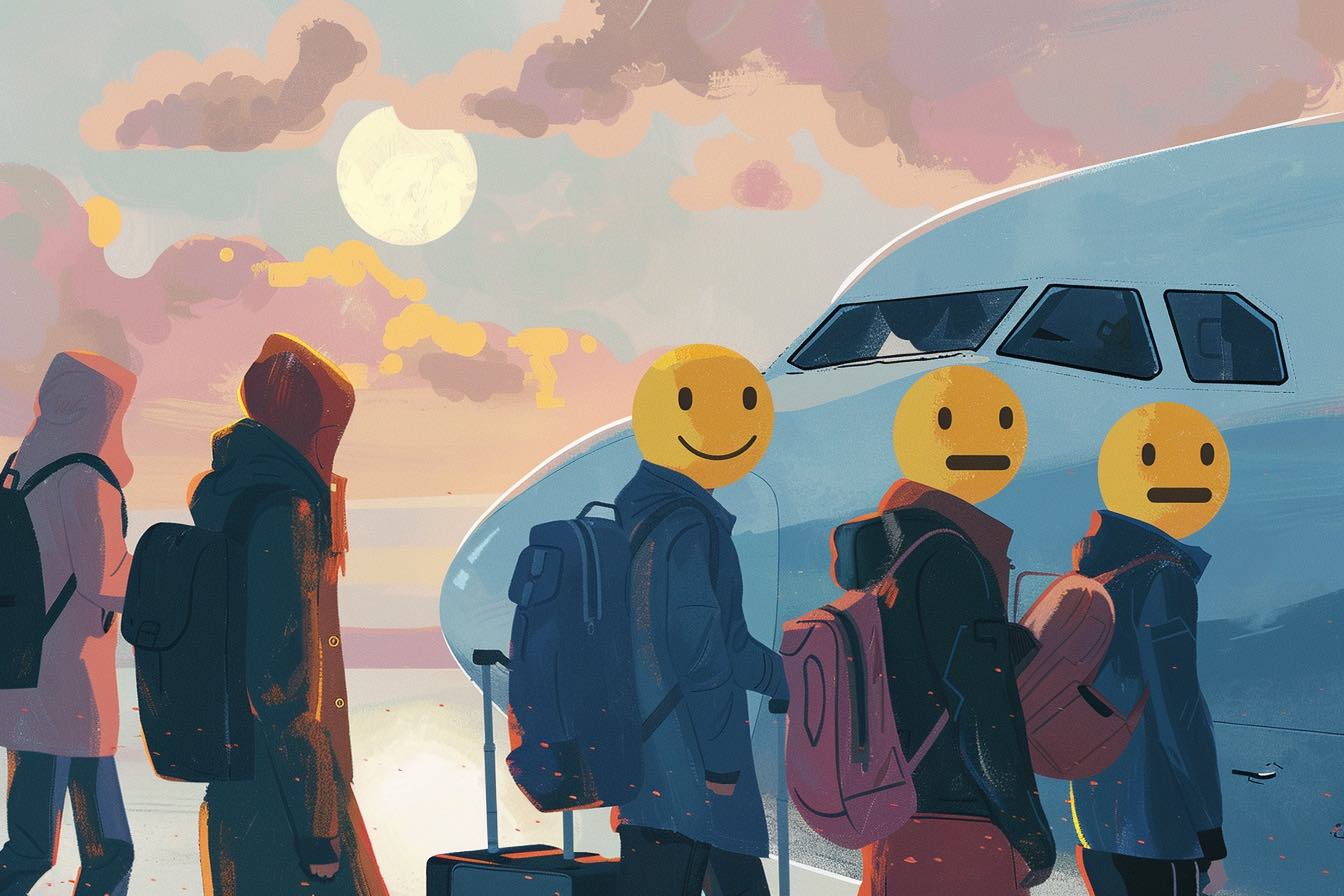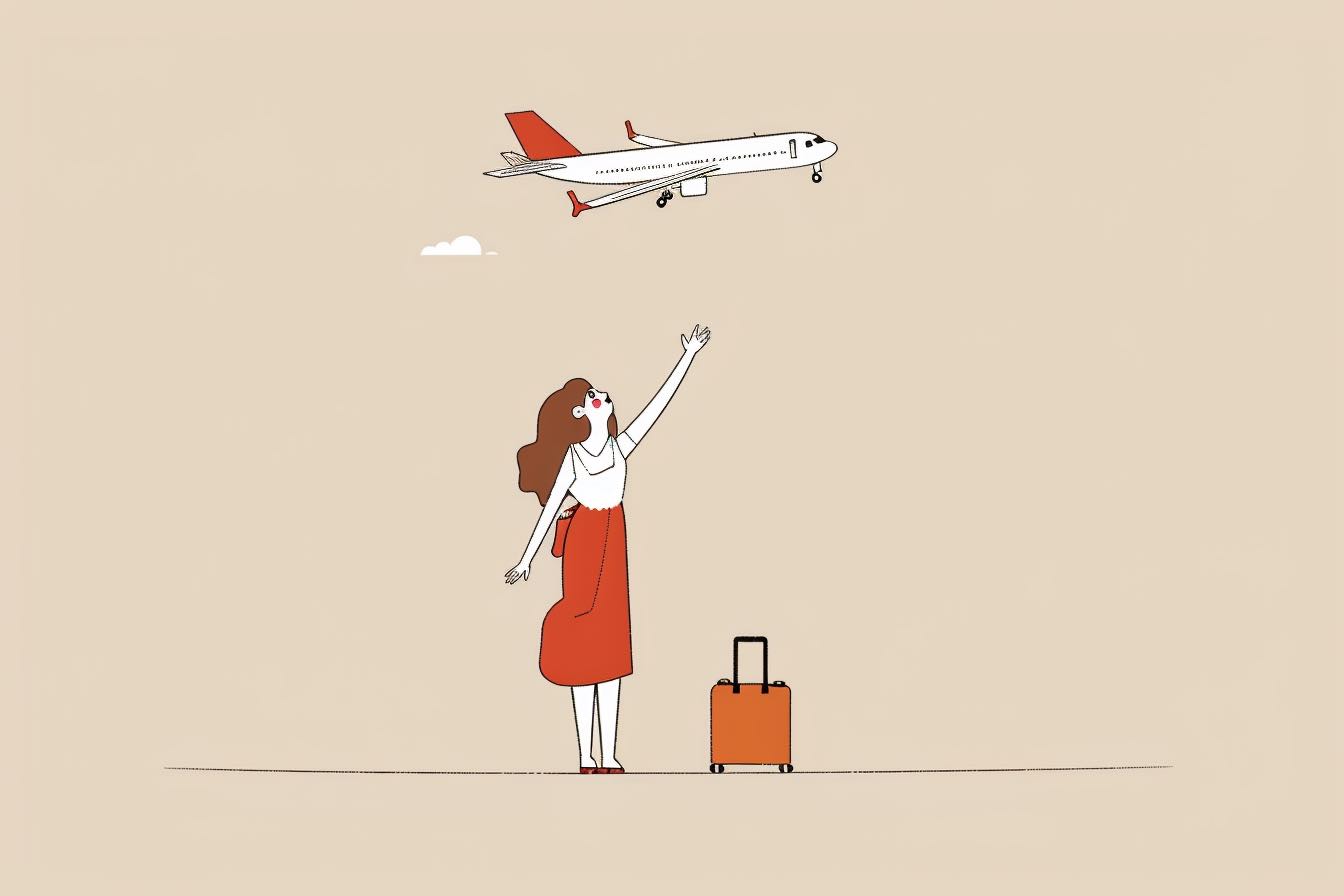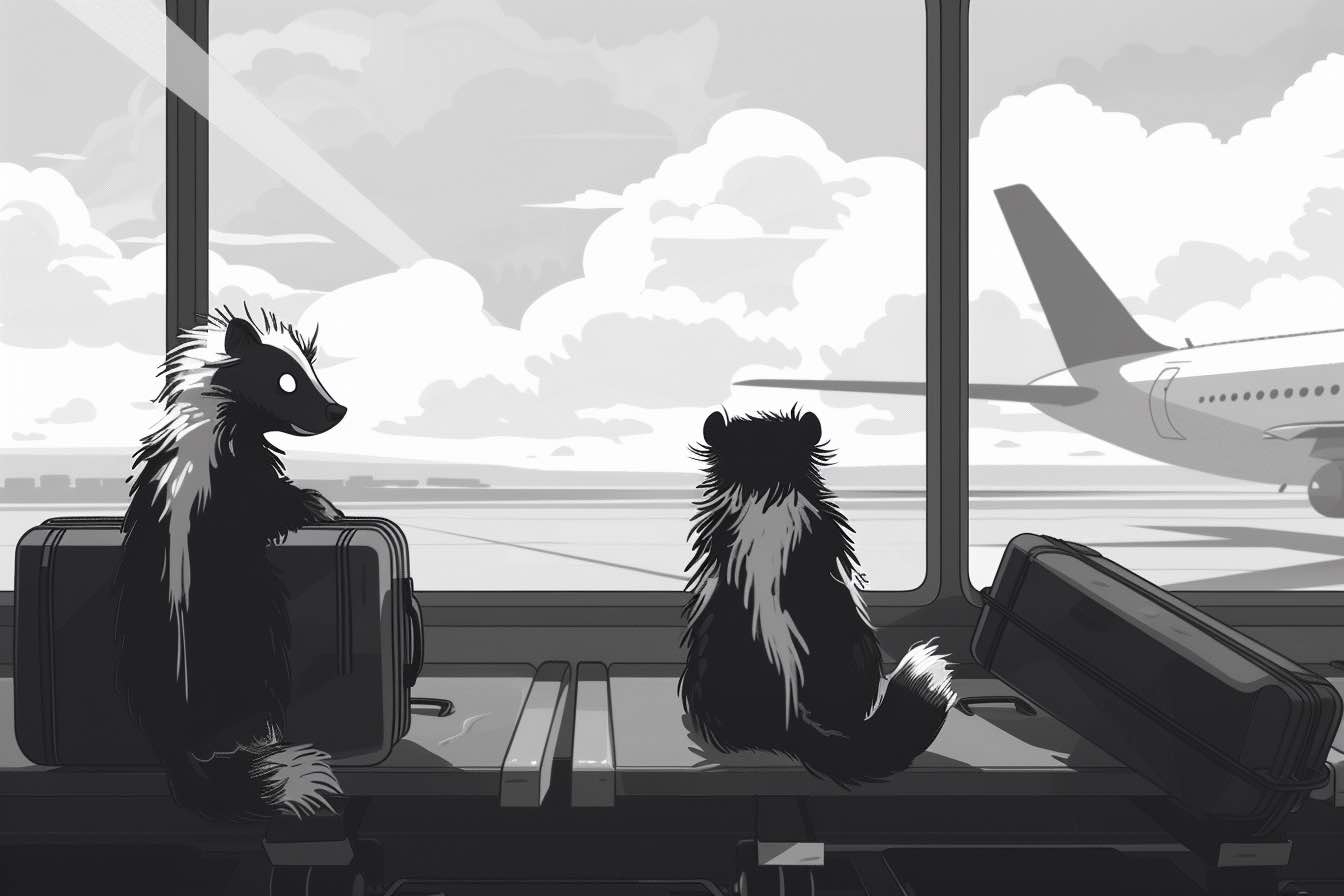Is bad customer service your fault?
If you’re stuck in a cramped economy class seat or have to pay an exorbitant resort fee for a hotel stay, did you bring this upon yourself?
Some say you do.
“We want everything cheaper and cheaper and cheaper,” says Gene SirLouis, a manufacturer’s representative from Washington, D.C. “That’s why the size of an average airline seat is smaller than the size of an average human. We have to take some of the blame.”
There it is: You get what you pay for.
Ticket agents and hotel clerks love to mutter it under their breath when customers complain. So do C-level executives at their travel conferences. If you are looking for the lowest possible fare or hotel rate, you deserve this.
Or do you?
Pay more, get more?
It may be the most divisive question in tourism: Do travelers deserve the deluge of extra fees, the “you get what you pay for” attitude of industry employees and the smaller airline seats?
SirLouis is part of a small but growing group of consumers who think the answer is yes.
Their reasons vary. Some have strong beliefs in free markets. For them, paying more to get more makes sense, and getting something for nothing does not. Others are elite-level frequent travelers who benefit from better perks. They’re often supported by a handful of loyalty lifestyle bloggers who focus on first-class amenities and ways to land an upgrade with your miles.
A larger group of travelers feel that they’re not culpable for the industry’s bad service and lack of amenities. (Related: Help! American Queen Voyages canceled my cruise but kept my $10,126.)
“Companies blaming consumers for poor customer service and lousy products is like blaming dead fish for water pollution,” says Henry Strozeski, retired chief financial officer for a nonprofit organization, from Winter Park, Fla.
Can it get any worse?
Despite an occasional glimmer of hope, customer service is already terrible in the travel industry.
Brent Bowen, a former professor of aeronautical science who followed airline service for many years, says they are difficult to measure because decades of cutbacks have left passengers desensitized.
“Passenger expectations are already low,” Bowen says. (Related: I paid an extra $1,796 to get to my cruise. Why won’t NCL reimburse me?)
Maria Telegdy, a retired legal secretary from Firestone, Colo., says too many air travelers expect larger, more comfortable seats without wanting to pay for them.
“If people want comfort or if they want to sit together as a family, then they should pay for it, as I do,” she says. “I think that the traveling public is mostly at fault.”
Telegdy’s comments provide a window on the way travel companies shape consumer expectations. Led mostly by airlines, they have used their massive promotional budgets to convince us that the new system is fair.
That’s a half-truth.
Cutting standard features
Years ago, the travel industry quietly removed many of the standard features for which we pay extra today, such as seat assignments and the ability to cancel a hotel room 24 hours before scheduled arrival. And it just kept on cutting.
Perhaps most disingenuously, it didn’t lower prices to account for the downgraded product.
Which brings us to today. Just last month, several major airlines raised their checked luggage fees to $40 or more per bag. For airlines, this is mostly found money.
“Are customers responsible for airlines moving to more cramped, confined seating, smaller, nasty single-aisle planes, lavatories the size of shoe boxes, in response to customer demand?” asks Jay Weidenfeld, a retired engineer from Berkeley, Calif. “Did I insist on obscene fees for bag checking — even worse ones if I had to change plans — or the disappearance of actual food included in my fare? I don’t think so.”
Does the desire for low fares and rates result in bad service?
Weidenfeld makes a valid point. No one actually asked travel companies, particularly airlines, to shrink the seats or cut the product to the point that it’s almost unrecognizable compared with what travelers enjoyed before airline deregulation in the 1970s. Instead, companies interpreted our desire for low fares and rates as a tacit encouragement to strip the product down to the studs and then market it as “new and improved.” (Here’s our guide to talking to the CEO directly.)
How does this continue? Decades of travel industry mergers have created several dominant airlines, car rental companies, hotels and cruise lines. Travelers feel that they have little or no choice, so they tolerate the bad service. That only reinforces the industry’s belief that it’s giving customers what they want.
Shrinking amenities = lost sense of humanity?
But the industry is also exploiting an ideological divide among customers. One group thinks that smaller airline seats are the perfect expression of a free market. The other believes that shrinking amenities are evidence we’ve lost our sense of humanity.
Understanding this deep rift among travelers might help you make sense of the surprise fee you have to pay on your next trip or the unbearable airline seat in which you have to sit.
As long as travelers can’t agree that service is a basic right, nothing will change.




